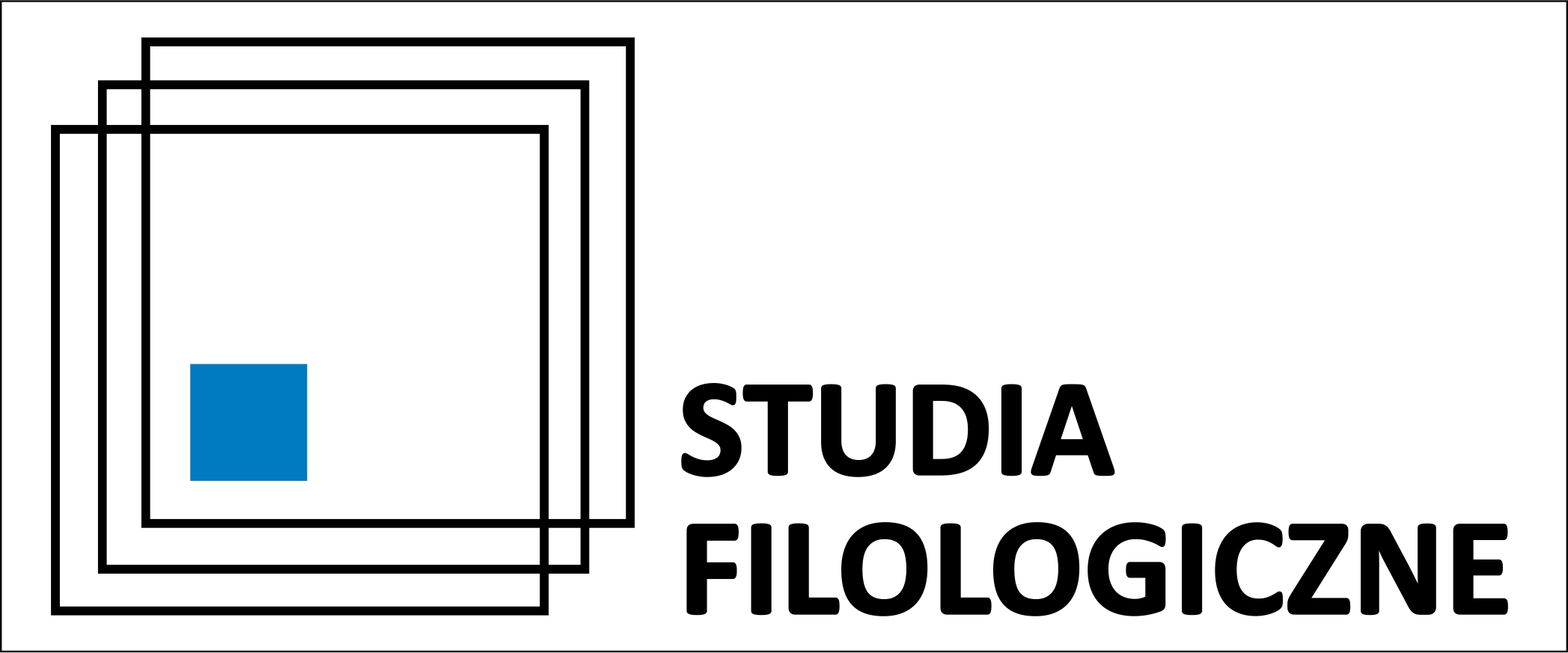
Ethical Standards
Editorial Team warns against scientific misconduct, such as plagiarism, ghostwriting and guest authorship. Any instances of their occurrence will be detected and notified. In cases, where the editors will have doubts about the reliability of the publication, the author will be questioned as far as the particular issue is concerned. In the case of absence of a satisfactory reply, the appropriate body will investigate the questionable matters.
According to recommendations developed by the Ministry of Science and Higher Education, the editorial process is implemented by firewalls in ghostwriting. “Readers should be assured that the authors of publication are presenting the results of their work in a transparent, fair and honest way, regardless of whether they are the direct writers, or they used the aid of a specialized entity (natural or legal). Evidence of ethical attitudes of researcher and the highest editorial standards should be disclosure of information on entities that contribute to the creation of publication (technical input, material, financial, etc.), which reflects not only good manners, but also social agreement.” (https://pbn.nauka.gov.pl/; 29.11.2011).
All indications of misconduct will be documented by the editors, especially violations and breaches of ethics applicable in the study (viz http://publicationethics.org) and have been approved by the competent authority (more on the ethics of science you can find on website of Committee on Ethics in Science: http://www.ken.pan.pl).
Editors will make every effort to ensure that in case of breach of ethics appropriate investigation will be performed to obtain the solution of the problem.
Articles, reviews and other materials published in Philological Studies must be consistent with international guidelines on ethics (see http://publicationethics.org/international-standards-editors-and-authors).
In the case of articles, in which the authors describe their research based on other people’s achievements, they need to acquire the consent of those people to publish an article.
Before sending a text, the author must: (a) include a statement about the contribution of individual authors in the creation of publication (indicating their affiliation and contribution), (b) make sure that there aren’t any instances of plagiarism, false data, etc. with respect to the article’s authenticity.
In some justified cases, the editors should obtain information about the sources of funding the specific work, as well as the contribution of research institutions and other entities (i.e. financial disclosure).
Call for Papers
The implementation of objectives (presented in: Journal Description) will depend on the editorial team, as well as the journal contributors. We should all join in the writing and compiling process of Philological Studies so that interesting philological phenomena can be properly promoted. The value of this publication relies on a harmonious and planned cooperation. Therefore, we kindly ask all readers to be co-creators of this journal. We do not intend to force anybody by suggesting a specific form of cooperation. Each article, review or report on the conference may have a valuable significance, practical value and a crucial impact on the shape of the journal. Your cooperation and contribution might become ‘a word of mouth’, forming a bridge between philologists and scientific centers (in Poland and abroad). All in all, specific sections of Philological Studies are open to all authors who wish to publish their scientific articles. We invite all scholars for paper submission.
Submission Guidelines
The article should not exceed 20 pages of normalized typescript (A4 format, 2000 characters per page); reviews and other texts – 8 pages. The text can be written in English, Czech, German and Polish.
Footnotes can be used in the article.
Tables, charts and other graphic material should be appended at the end of the text on a separate page (also as a separate file). In the text, the author should mark the place, to which the material relates, and describe it properly.
The titles of magazines, conferences, quotes, shall be placed in quotation marks (unless otherwise distinguished in the text, e.g. with different font size).
All discussed words, phrases, sentences, etc. shall be distinguished by italics. Moreover, monographs titles and their parts (e.g. chapters), articles titles, foreign language phrases used in the text, etc. shall be written in italics.
The meanings of words, idioms or other phrases are given in a single quotation mark ‘ ‘.
At the beginning of the article, the author should write 2 summaries: (1) in English and (2) in the paper’s language. If the article is written in English, the author is requested to prepare the second summary in Polish.
At the end of the article (on a separate page), the author is kindly asked to write a short biography according to the example (see: Paper Template).
Papers should be sent by e-mail (written in WORD) to: studiafilologiczne(at)pwsz.raciborz.edu.pl.
The author(-s) are asked to provide the precise information with regard to: surname, degree or professional title, affiliation, mailing address, telephone number and e-mail (to enable quick contact with the author in order to send a correction, or a copy).
The editorial team works on the principle of independence (e.g. substantial, political, etc.), relying solely on the published articles quality and their suitability for the journal readers.
The journal does not contain any reprints of advertisements. In addition, we do not accept already published articles or other work (printed in another journal).
By sending a text to be published in Philological Studies, the author agrees to place it on the journal’s website, as well as other databases.
The editorial team is guided by the internal management system (defined by means of separate regulations).
